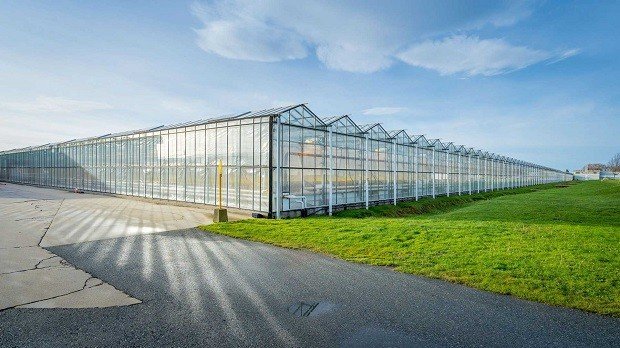India, a prominent player in the APAC gene editing market
It is estimated that the APAC gene editing market may register more than 15% CAGR with Japan, China and India being the prominent players.
In the history of Nobel prizes, it’s been awarded to 57 women 58 times, with Marie Curie being awarded twice. The 2020 Nobel for chemistry is the first time an all women team has been awarded the Nobel. The only other instance being the Nobel peace prize in 1976 to founders of the Northern Ireland Peace Movement.
Clustered regularly interspaced short palindromic repeats (CRISPR) were discovered in bacteria in 1987, but their function as an antivirus defence system of bacteria was elucidated in the 2000s. Bacteria take sections of a virus’s DNA into their own genome using Cas enzyme. The resulting CRISPR sequences allows them to detect a subsequent viral attack and fight back.
Jennifer Doudna and Emmanuelle Charpentier showed in 2012, that the bacterial defence system could be turned into a ‘cut and paste’ tool for editing gene sequences. The tool is cheaper, less laborious than other available tools for editing genes and is more precise. Beyond just reading and synthesizing gene sequences, CRISPR empowered scientists to edit genes to modify and correct changes. This application in editing was put forward in 2012 for the first time and has won the scientists a Nobel within eight years. This prompt acknowledgement and awards reiterate the potential of the technology in various aspects of scientific study.
“Gene editing technology can help eliminate human inherited disease, protect endangered species, address climate change and improve crops for resilience and better yields. Of the various gene editing techniques, CRISPR is widely accepted and adopted due to its simplicity as well as efficiency. Asia Pacific is considered to be a prominent region for gene editing providers. It is estimated that the APAC gene editing market may register more than 15% CAGR with Japan, China and India being the prominent players” said Dr. Ratna Kumria, Director- Biotechnology, AAI.
Dr Shivendra Bajaj, Executive Director, Federation of Seed Industry of India (FSII) said,” The technology can have the most positive impact in agriculture. It can improve yield, increase food diversity, improve nutrition, develop disease and pest resistance, and control food waste and support sustainable agriculture. The above listed ongoing improvements will make crops high yielding while using minimal soil resources by making their efficient use. The gene edited plants would require minimal pesticide sprays, reducing GHG emissions, increased shelf life to reduce wastage and enhanced vitamin, protein and mineral levels for consumer health”.
However, its success as an efficient and inexpensive tool rests at the hands of the regulators who make the policies of the use of this technology. A prompt recognition of this tool by the Nobel committee is a testament of its potential, which is also a clear direction of the future research and product development. A cautious approach will make it inaccessible and expensive, therefore, unattractive for small size enterprises. On the other hand, a more practical technology management, aligned with major economies in Asia Pacific and around the world will allow the optimum usage of CRISPR as a tool to improve agriculture.
India can take leadership in the region with available competency and intense demand for technology to improve agricultural productivity in a sustainable manner. Our farmers are dealing with salty soils, lowering water tables over and above the vagaries of climate change, including drought, flooding and increasing temperatures. They need traits in their crops that ensure yields as well as have enhanced consumer traits for better market acceptability and profits. Our trading partners may follow our lead in regulating and managing the products of gene editing in agriculture. Therefore, the technology presents an opportunity for self-reliance and to take up a leadership role in innovation and trade in the region.
Alliance for Agri Innovation is a special interest group of Federation of Seed Industry of India.
It is estimated that the APAC gene














